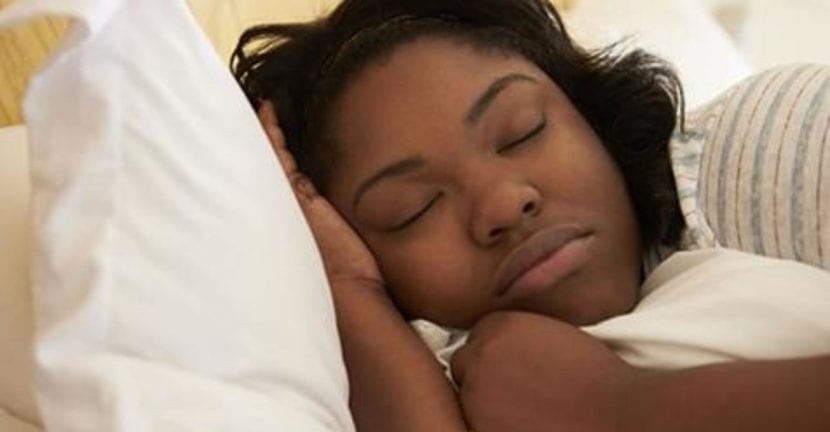Whether you are a stressed parent or an older adult, insomnia is a common complaint. It affects at least one-third of American adults! After a busy day, you look forward to a good night’s sleep. It’s easy to turn to medication, whether it’s a prescription or an over-the-counter sleeping pill. However, this is not the best way to help you fall asleep. There are risks to consider when drugging your brain to induce or maintain sleep.
In May of 2016, the American College of Physicians recommended that health care providers counsel patients with chronic insomnia rather than prescribe drugs which don’t provide for natural sleep. Side effects of sleep aids can be dangerous, especially for older adults, as they might increase the risks of accidents and falling. In addition to people becoming addicted, other effects include fuzzy thinking and short term memory impairment.
In December of 2016, the American Academy of Family Physicians suggested that a combination of non-drug therapies can help adults to eliminate the need for taking sleep-inducing drugs. Cognitive behavioral therapy can be administered by a nurse or psychologist, sometimes in as little as two sessions. Patients complete a sleep diary and record their going to bed times, their rising times, and the time it takes them to fall asleep. In addition, they record the number of naps they take, stressors during the day, and any alcoholic beverages ingested. The act of writing down troubling thoughts and worries before bedtime may help to clear the mind, thereby making it easier to fall asleep. A trained therapist can help to identify these stress-inducing events so that they can be successfully managed. Relaxation therapy (learning how to slowly relax each muscle in your body from head to foot), yoga, and meditation are other recommended methods.
Some other tips to try include sleeping in a cool, dark room, and avoiding caffeine in foods or drinks from the afternoon on. Also, avoid alcohol. Although it is a depressant, it deters sound sleep. It’s important to exercise (outdoors, if possible) in the morning or early afternoon. By doing so, especially if it’s sunny, you are helping to set your body’s internal clock for sleep in the evening. Hopefully, a combination of all of these activities will help you to fall asleep naturally and enjoy a well-deserved good night’s sleep!
All Blogs are written by Professionals in the fields of Nutrition, Human Development and Diabetes.
